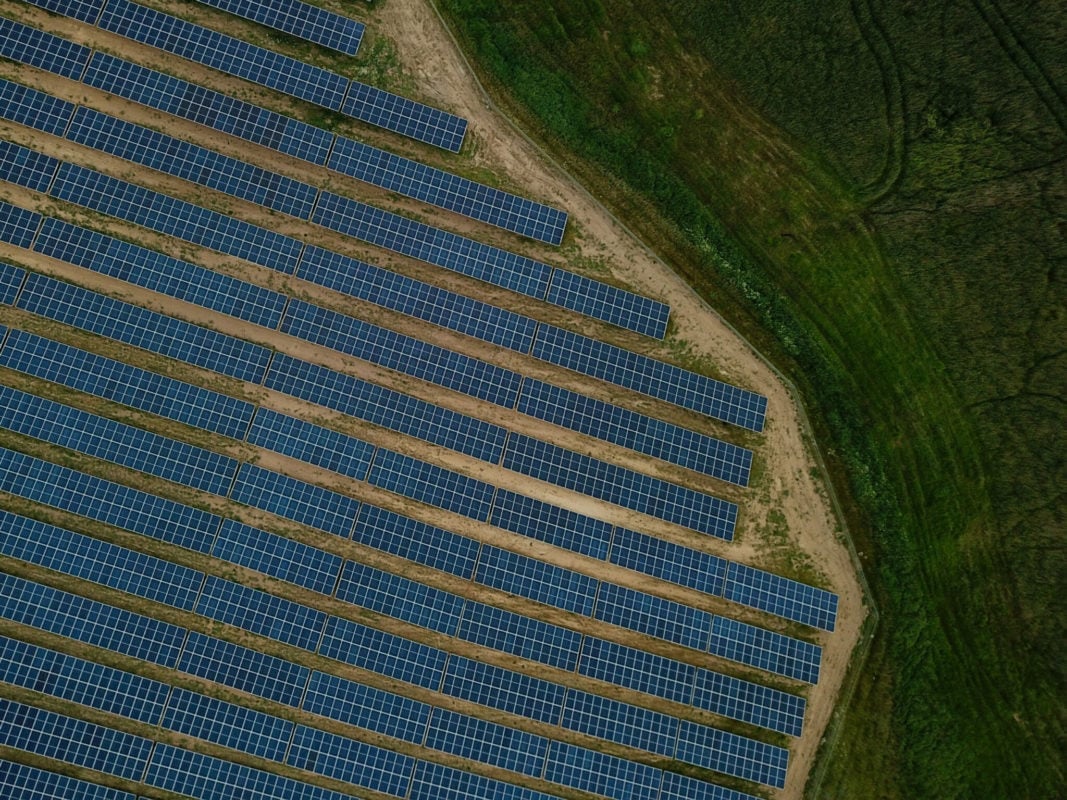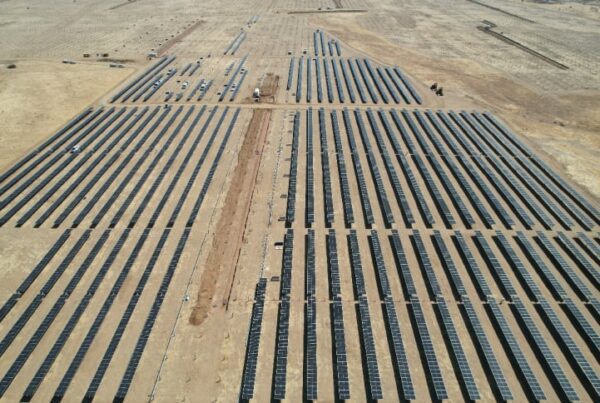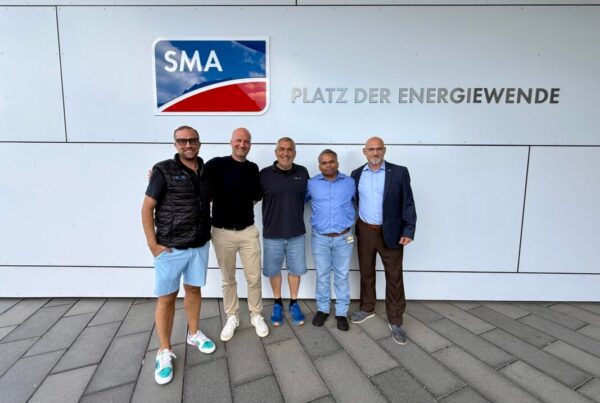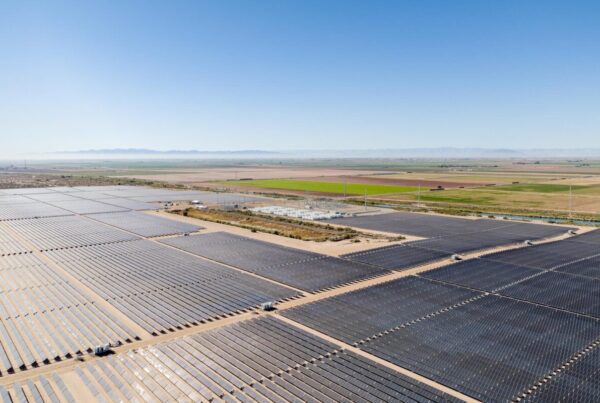
While the conclusion that pace is currently lacking has been echoed by a number of other reports – last September Bloomberg New Energy Finance (BNEF) reported that the world would not even treble its operational renewable capacity by the end of this decade – the Aurora report points to a number of challenges for the European renewable energy sector that have been keenly felt in the solar space.
Negative prices, grid constraints and market saturation
Negative prices, for instance, are a challenge for Central Europe, which has seen the lowest negative prices, and the Nordic countries, which have seen the highest rate of negative prices, according to Aurora. This follows sustained periods of negative pricing in Spain and Portugal in 2024, and was one of the challenges highlighted by Agata Krawiec-Rokita, CEO of solar wholesaler sun.store, who spoke to PV Tech over the Winter.
Krawiec-Rokita also suggested that a lack of available grid capacity in Europe is likely to present a challenge for the solar sector, a conclusion echoed by the Aurora report. The analyst notes that, in 2023, Europe saw 57.28TWh of “remedial actions” for both renewable and non-renewable assets, which includes grid-managing measures such as curtailment, a 14.45% increase from 2022.
This echoes a report from Ember which found, last year, that Europe will lack over 200GW of capacity for planned new solar capacity additions by the end of the decade. At Solar Media’s Large Scale Solar Eastern Europe event, held last year in Warsaw, attendees called for a more “intelligent” approach to grid management in Europe, particularly one that makes better use of storage systems.
Aurora’s report also calls for greater use of storage, pointing to “market saturation” as a key challenge in Greece, Romania and Great Britain, where greater integration of storage could help mitigate price cannibalisation.
“Negative prices and grid constraints are significant risks for renewable assets in the market today, which will be further exacerbated with more renewables deployment,” said Rebecca McManus, renewables lead for pan-European Research at Aurora. “It’s vital for developers to explore opportunities to de-risk projects such as portfolio diversification to mitigate impacts.”
Solar Media will host its annual Solar Finance & Investment Europe event in London on 4-5 February 2025. This event annually attracts infrastructure funds, institutional investors, asset managers, banks and development platforms at the forefront of European renewables; the vast majority of which are responsible for billions in active and prospective investments in the Europe’s energy transition. For more details, visit the website.






